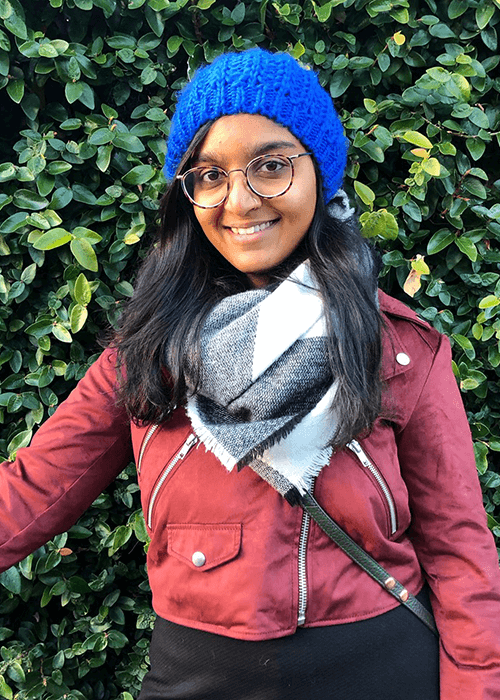Written by Zoya Patel
Being a feminist writer in the age of the internet is no easy feat. Where feminists are used to facing backlash and barriers to our advocacy for gender equality, the internet makes it particularly volatile, and the feedback (both positive and negative) is swift.
I first started writing about feminist issues as a teenager, originally in a print magazine called Lip, that was published out of Canberra for young women and girls. Writing in print was nice and straightforward, and the people reading my words were mostly strangers.
As I entered university, and started writing more widely, I soon made the switch to writing primarily for websites. Eventually, I became the editor-in-chief of Lip, and turned it into an online magazine that reached thousands of people daily.
That’s when I really started to confront the more challenging aspects of being a feminist writer. The backlash, the trolling, the unfortunate conversations with people I thought I knew well – it all could become quite overwhelming at times. But at the same time, I learned a lot, about writing, about gender equality, and most importantly, about myself.
It’s what laid the foundation for me to write my debut book, which was published in 2018, No Country Woman, and what has fuelled my ongoing passion for writing.
So here are three important lessons I have learned about myself over the years as a feminist writer:
1. I’m more resilient than I thought I was
One of the first challenges I faced as the new editor-in-chief of Lip was supporting a team of primarily young women writers as they found their feet writing online for much larger audiences than they were used to.
One morning I woke up to find my inbox flooded with notifications of comments made on our articles. It turned out we had caught the eye of some narky anti-feminist trolls who had spent the night leaving vile, insulting comments on all of our articles. These comments were nasty. They were personal, targeted and vindictive. Many of my writers were incredibly upset, and rightfully scared that they would be attacked further by these aggressive trolls.
I was quick to reassure them, to take steps to block the trolls from commenting, and to support my team to protect their privacy. Through it all, I realised that I hadn’t really felt personally upset by the snarky things the comments said about me. In fact, I found it somewhat amusing that our articles on feminist issues were so threatening to these men that they felt the need to bully us on line. In one article, they called us ‘feminartsys’ a play on ‘feminazi’, ridiculing us for being creative, artistic feminists. In the years following, I used that name to launch a new feminist website, Feminartsy, and have enjoyed reappropriating the term immensely.
2. I really do believe that stories can create change
Over my years of writing about feminist issues, I’ve been constantly amazed at how much of an impact people’s stories can have when it comes to creating change.
Time and again, I have witnessed people change their minds, question their beliefs and open themselves up to new ways of thinking as a result of reading a perspective different from their own.
This is what makes me passionate about writing – the power it has to really create genuine, political change by raising the profile of marginalised experiences.
3. I will never be finished learning
Being a feminist necessarily means being open to new ideas, and being on a constant journey of learning. I have had many moments in my writing career to date where I have been challenged on an idea or belief, or had someone ask me to consider a different argument or approach. These moments are often confronting, but they’re so vital when it comes to progress.
I am committed to a lifelong journey of learning and changing, and listening to others, and I think that this is something a lot of feminists have in common – a genuine thirst for knowledge, and the humility to accept what we don’t know.
This article was written by Zoya Patel.
Zoya Patel is the award-winning author of No Country Woman, a memoir of race, religion and feminism. She is also the founder of feminist literary organisation, Feminartsy and co-host of the Margin Notes podcast alongside Yen Eriksen. Zoya has won numerous awards for her writing and editing, and has been published widely, including in The Guardian, The Australian Financial Review, ABC, SBS, Junkee, Overland, Meanjin, The Sydney Morning Herald and more. She was a 2020 judge for the Stella Prize, and is the inaugural ACT Stella Schools Ambassador.





